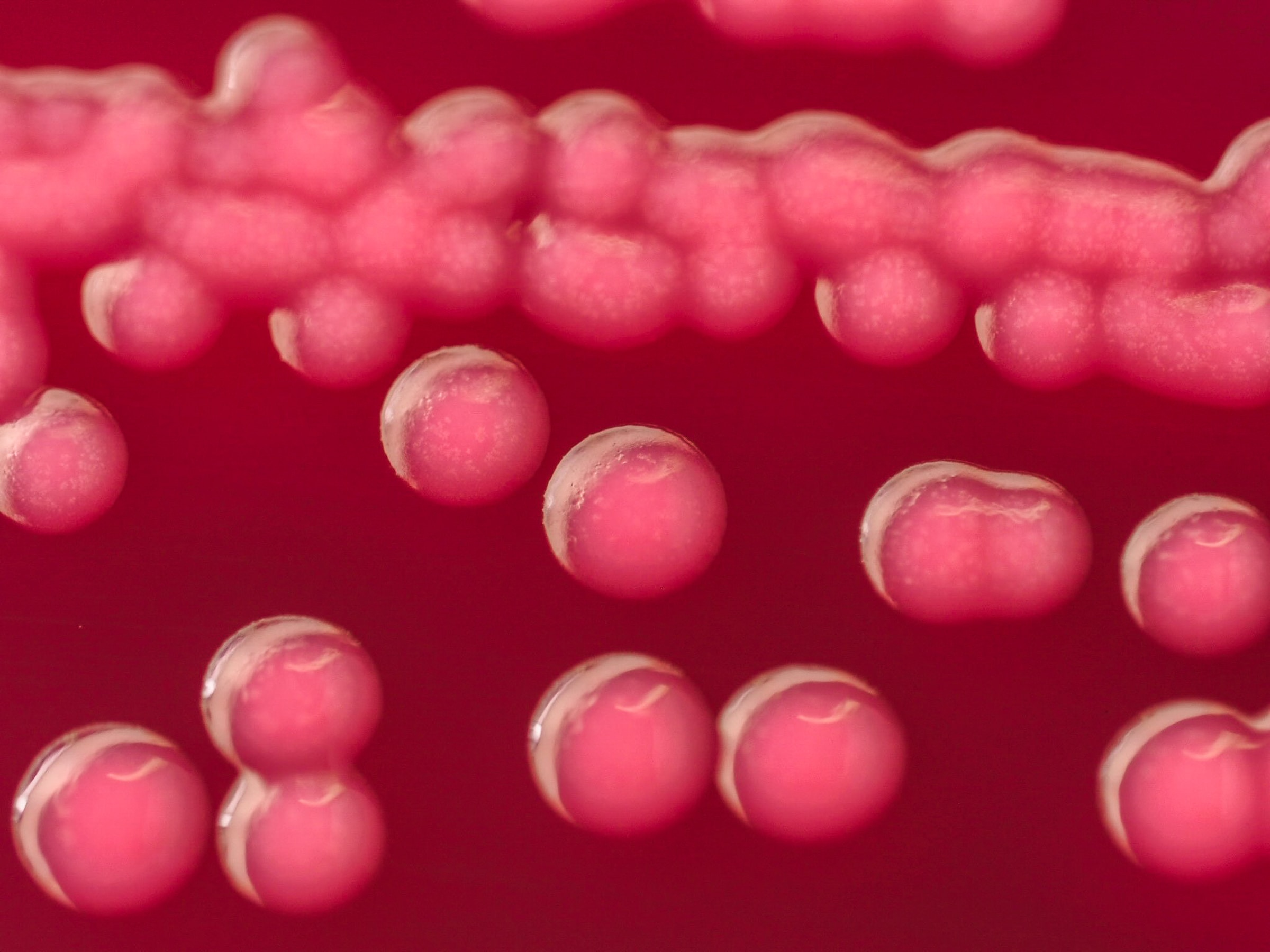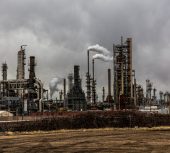NORFOLK, ENGLAND — Pollution levels in two major rivers of Norfolk and Suffolk have reached alarming proportions, with E. coli concentrations surpassing safety benchmarks, according to environmental activists. This revelation raises grave concerns about the state of the region's water bodies and the consequent public health implications.
A Disturbing Discovery
Recent tests conducted on water samples from the River Waveney in Diss and Bungay and the Blyth in Halesworth showed that E. coli levels were significantly higher than the safety thresholds. The results, termed "shocking" by the Green Party and volunteer conservationists, have highlighted an urgent need to revisit water treatment measures in the region.
The Green Party co-leader and MP candidate for the new Waveney Valley constituency, Adrian Ramsay, alongside local volunteers, spearheaded this water quality investigation. They undertook sampling at various riverine sites, and the findings were indeed concerning.
In Halesworth's Blyth, near a sewage treatment plant's outfall, the E. coli concentration stood at a staggering 55 times the recommended safe limit for swimmers. Other samples, both upstream and downstream from this point, showed concentrations 15 and 27 times over the safe limit.
Similarly, in Diss, Norfolk, water samples from the River Waveney around storm overflow and sewage outlets recorded E. coli levels ranging from four to 20 times over the safety mark. And in Bungay, Suffolk, samples from the same river showed concentrations three to seven times over the limit.

An Imminent Threat to Public Health
E. coli, or Escherichia coli, is a bacterium commonly found in the intestines of humans and animals. While certain strains are benign, others can lead to severe health issues, such as bloody diarrhea, abdominal cramps, and fever. The presence of this bacteria in such high concentrations in public water bodies is not only an environmental concern but also a potential public health hazard.
Ramsay was vocal about his concerns, stating, "It's appalling to witness such high levels of E. coli, seemingly stemming from sewage treatment plants. While we're aware of pollution from storm overflow drains, these findings suggest that Anglian Water's treatment plants may be ineffective in eliminating harmful bacteria."
This sentiment was echoed by Eamonn O'Nolan of the Woodbridge Climate Action Group, who asserted that Anglian Water's sewage treatment mechanisms appear ineffective against E. coli. He further noted that the storm overflow outlets in Diss seemed to be perpetually discharging the bacteria, irrespective of rain.
Calls for Stringent Regulation
Given the severity of the findings, there are growing calls for enhanced governmental oversight and stricter regulations. "The government needs to hold Anglian Water accountable and fortify regulatory resources," Ramsay said.
The Department for Environment, Food and Rural Affairs (Defra) responded by emphasizing their commitment to combat sewage pollution. They underscored their investment in rigorous regulation, enhanced enforcement measures, and the introduction of stringent penalties for breaches. A spokesperson added, "We have empowered our regulators with more decisive powers, imposed unlimited penalties, and laid out ambitious goals for water companies to reduce storm overflows."
A Watershed Moment?
This revelation can be a pivotal moment in the ongoing battle against water pollution in the region. The elevated E. coli levels not only serve as a wake-up call but also emphasize the need for immediate action. It remains to be seen how local water companies, regulatory agencies, and the government address this burgeoning crisis, ensuring the safety of both the environment and the public.
©GlobalCO2.uk





